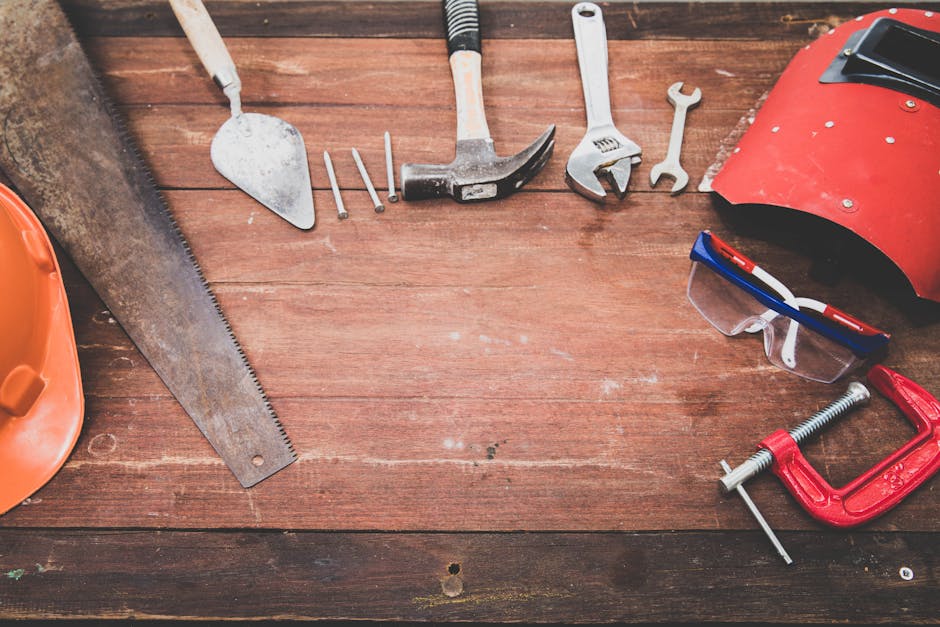+971521327742
+971521327742

Precision instruments are crucial in construction projects. They help ensure accuracy and quality in various tasks. Proper instruments help in measuring dimensions, angles, and levels precisely, leading to a well-executed project. Accurate measurements are fundamental for construction to meet safety standards and regulations. Tools like lasers, levels, and distance measuring equipment aid in achieving precise results. In construction, precision instruments contribute to the project's overall efficiency and success.

When working on construction projects, various types of precision instruments are commonly used to ensure accuracy and quality in the work. Here are some of the essential precision instruments you may encounter:
Having the right precision instruments can significantly impact the efficiency and quality of your construction projects.
When selecting precision instruments for your construction projects, it is crucial to consider factors such as:
When selecting measurement tools for your construction projects, accuracy is key. Using the right precision instruments ensures that your results are reliable and precise. Here are some key points to consider when choosing the tools for your project:
Precision instruments in construction projects need to be both durable and reliable. This means they should be able to withstand tough conditions on a construction site and consistently provide accurate measurements. When choosing precision instruments, consider factors such as the material they are made of, the brand reputation for quality, and any warranty or servicing options available. Durability ensures that the instruments will last through the project without breaking, while reliability ensures that the measurements are consistently accurate. Selecting instruments that offer both durability and reliability is essential for the success of your construction projects.
Precision instruments for construction projects can range in cost based on their level of accuracy and functionalities. It is important to consider your budget when selecting the right instruments. Here are some key points to keep in mind:
To choose the right precision instruments for your construction projects, you should compare various brands and models available in the market. Consider factors such as the features offered, durability, precision levels, and compatibility with your specific project requirements. It's important to research and read reviews from other users to ensure you make an informed decision.
Training is crucial for using precision instruments effectively in construction projects. It helps ensure that you handle the tools properly, understand their functions, and can accurately interpret the measurements. Proper training can prevent costly mistakes, improve work efficiency, and enhance the overall quality of your project. Learning how to use precision instruments correctly can save you time and money, as it reduces the risk of errors that may lead to rework or delays in your construction timeline. With the right training, you can make the most out of your precision instruments and optimize their performance on your projects.
Precision instruments are crucial for accurate measurements in construction projects. To ensure these instruments stay in top condition, follow these maintenance tips:
Before settling on precision instruments for your construction projects, it's crucial to consider factors like the accuracy required for your project, the complexity of the tasks, and your budget constraints. Make sure to select instruments that match the specific needs of your projects to ensure efficiency and accuracy. Quality is paramount when choosing precision instruments, as it directly impacts the precision of your work. Conduct thorough research on different brands and models, and always opt for instruments that are durable and reliable. Remember, the right precision instruments can make a significant difference in the success of your construction projects.
{"one"=>"Select 2 or 3 items to compare", "other"=>"{{ count }} of 3 items selected"}